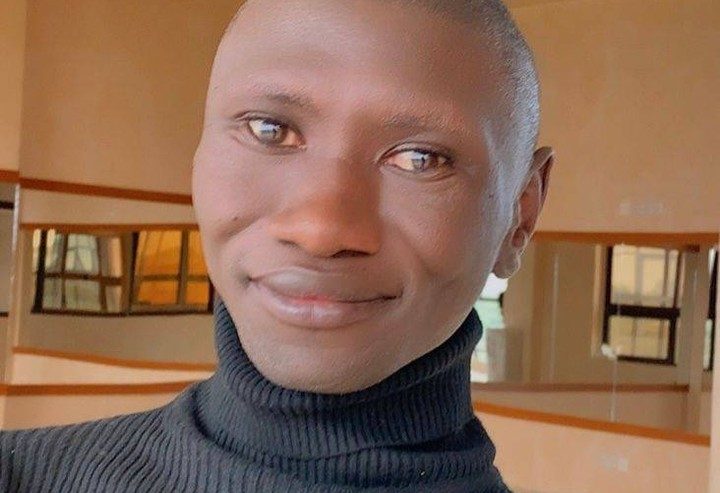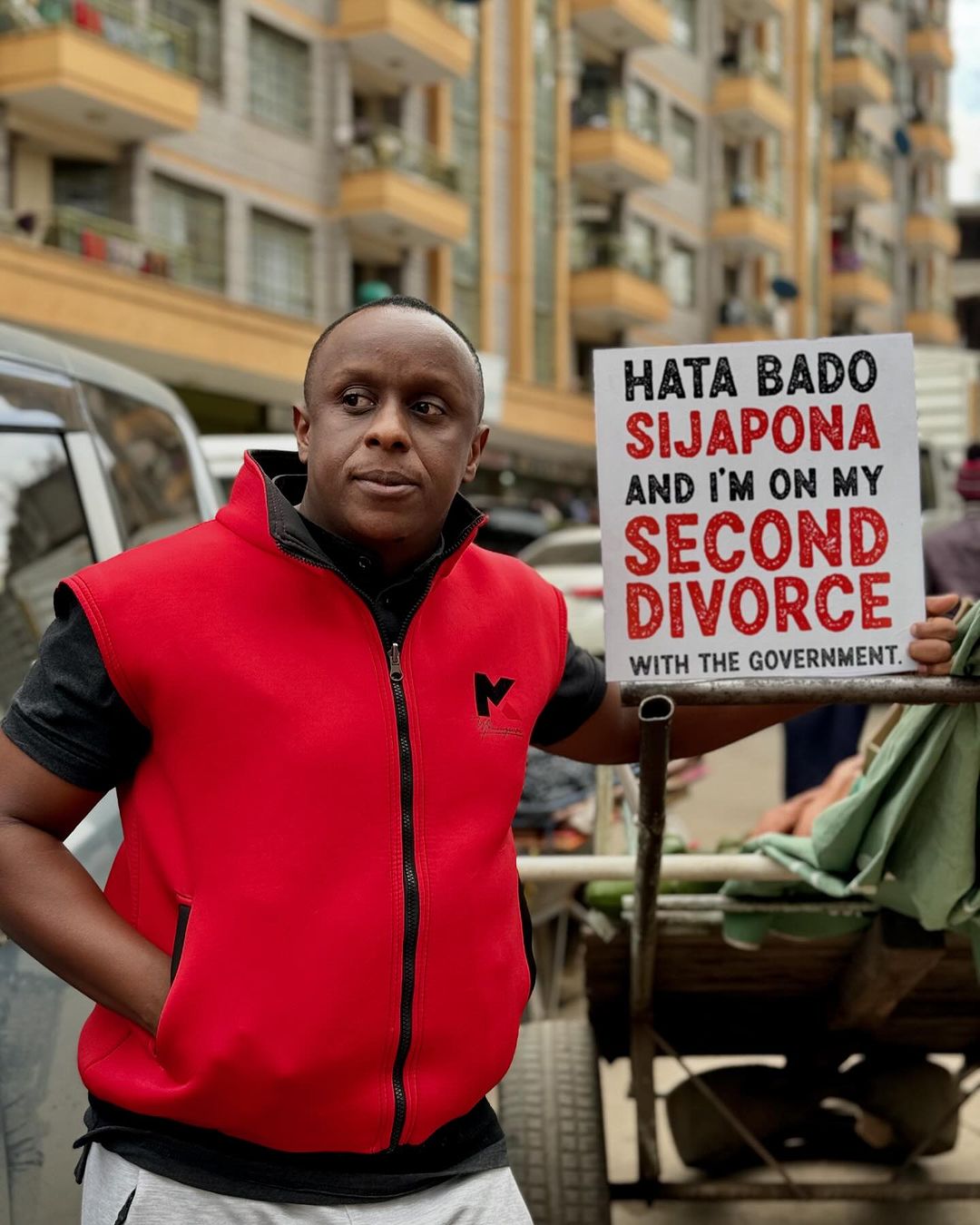Semenya Wins Major Ruling in Discrimination Case
South African middle-distance runner Caster Semenya has won a major victory in her long-running discrimination case against World Athletics.
The European Court of Human Rights (ECHR) ruled on Tuesday that a previous ruling by the Swiss government against Semenya was discriminatory. The ECHR also fined the Swiss government 66,000 euros (Sh10.36 million) in legal fees.
Semenya, a double Olympic gold medalist and World Champion, was born with differences in sex development (DSD), meaning her body produces higher levels of testosterone than women. Her testosterone levels are in the range of those found in males, and World Athletics had argued that this gave her an unfair advantage against her female competitors.
In 2018, World Athletics introduced regulations requiring athletes with DSD to lower their testosterone levels to compete in women’s events. Semenya refused to comply with the regulations, and she was subsequently banned from competing in certain events.
Semenya challenged the regulations in court, and she lost her case at the Court of Arbitration for Sport (CAS) in 2019. She then appealed to the Swiss Federal Tribunal, which upheld the CAS decision in 2021.
In her ruling, the ECHR found that the Swiss government had failed to provide sufficient safeguards to protect Semenya’s human rights. The court also found that the regulations were discriminatory, as they disproportionately affected women with DSD.
Semenya welcomed the ECHR ruling, saying that it was a “long time coming.” She also expressed gratitude to her legal team and to all those who had supported her in her fight against discrimination.
“I have suffered a lot at the hands of the powers that be and been treated poorly,” Semenya said. “The hard work that I have put in to being the athlete I am has been questioned. My rights violated. My career impacted. All of it so damaging. Mentally, emotionally, physically and financially.”
Semenya said that she hoped the ECHR ruling would be a “significant” victory for all athletes, and that it would send a message to World Athletics and other sporting bodies that they must respect the dignity and human rights of all athletes.
“We all deserve to live in a world where we are free to be ourselves,” she said.
World Athletics said that it was “disappointed” with the ECHR ruling, but that it would “respect” the decision. The organization said that it still believes that the DSD regulations are “necessary, reasonable and proportionate means of protecting fair competition in the female category.”
The ECHR ruling is a major victory for Semenya, and it is a significant setback for World Athletics. The ruling will likely have a ripple effect on other sporting organizations that have similar regulations in place. It remains to be seen how World Athletics will respond to the ruling, but it is clear that the organization will have to make some changes to its DSD regulations.









